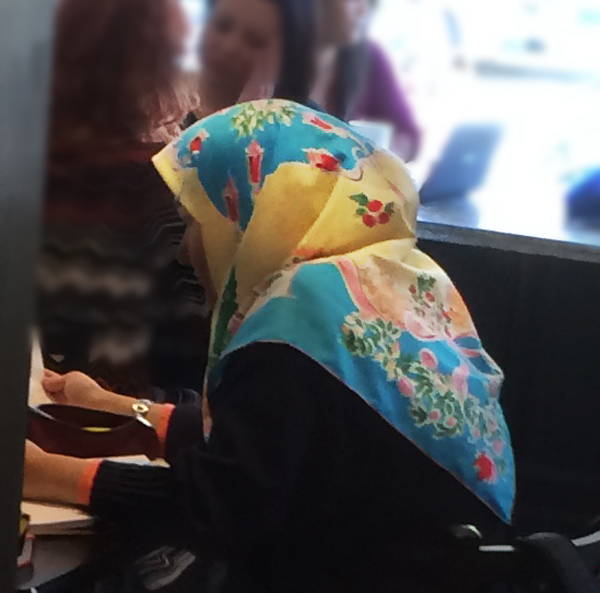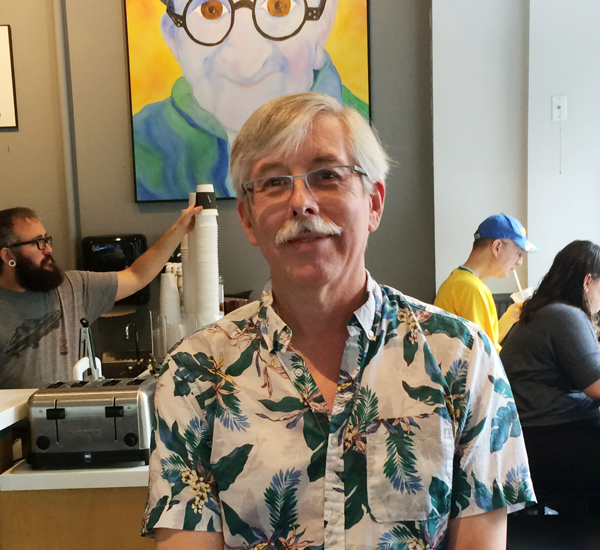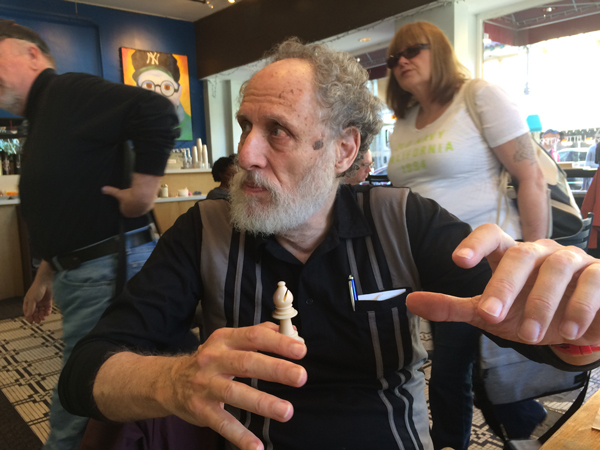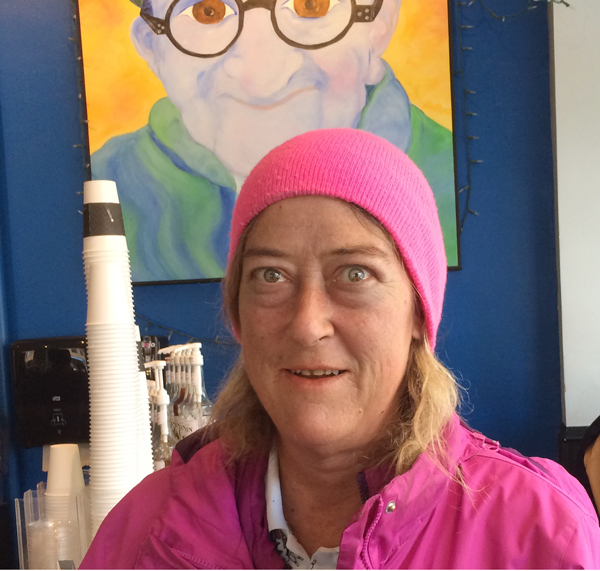The Wang Creed
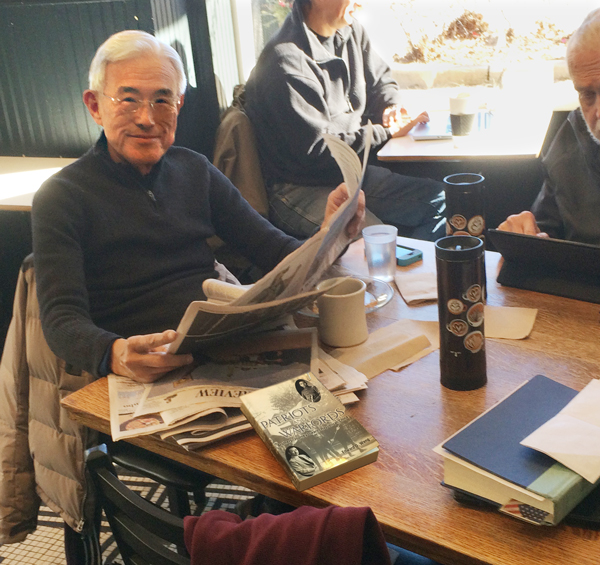 He knew that he and the world he lived in would not long survive.At the height of the Second World War when civil strife was continuing to tear through China, Bogun Wang’s [Wang Bogun] health was failing.
He knew that he and the world he lived in would not long survive.At the height of the Second World War when civil strife was continuing to tear through China, Bogun Wang’s [Wang Bogun] health was failing.
The educator and revolutionary feared for his family.
As the head of a clan whose prominence traced back nine generations, Bogun rewrote the centuries-old Wang family creed to guide his heirs through catastrophic times. My good friend Ed is his son.
Above all else the Wang Creed called for filial piety. Respect for elders and ancestors was the primary virtue stressed by Confucius, the revered philosopher who has shaped Chinese life since 500 BC.
Bogun warned that his society was turning from agriculture to commerce and that education would be the key to stability. He preached that those who inherit wealth cannot afford to be idle. The privileges and resources of the clan were dwindling, they would need to be shared and used wisely.
When the Communists gained power, Bogun’s widow Zhining and her children took asylum in the U.S., leaving Bogun’s world behind.
Ed has not updated the formal code of conduct as his father did.
What he has done, at the urging of his children, is to write a book that recounts his family’s role in revolutionary China. Like Bogun’s efforts, Ed’s book is a personal gift from a father to his family. A show of filial piety in reverse.
‘Patriot and Warriors’* will be archived and crawled far beyond the world of people named Wang — historians are a hungry bunch.![]()
*Patriot and Warriors is now available at Amazon
Text Of The Wang Family Creed
When I was a child, my father had taught me that we should unite our family with filial piety and friendship… Read more…

